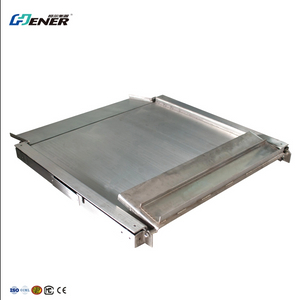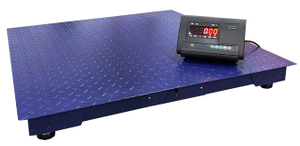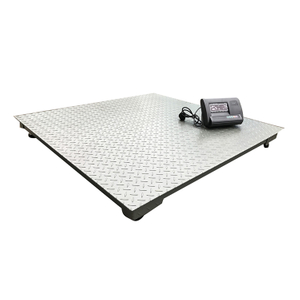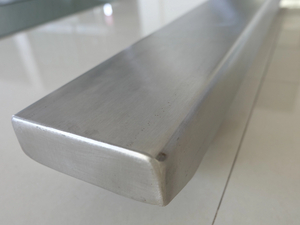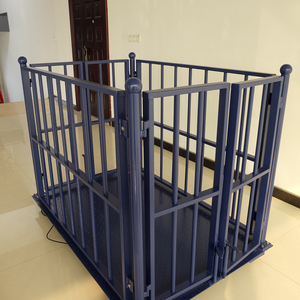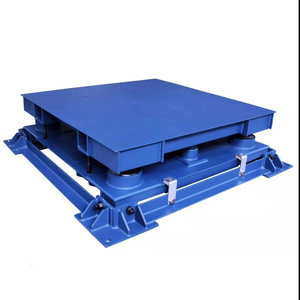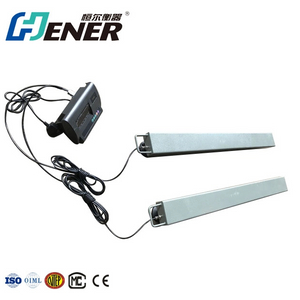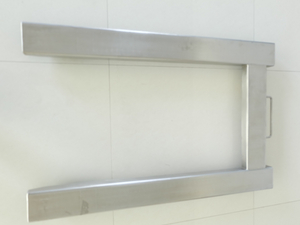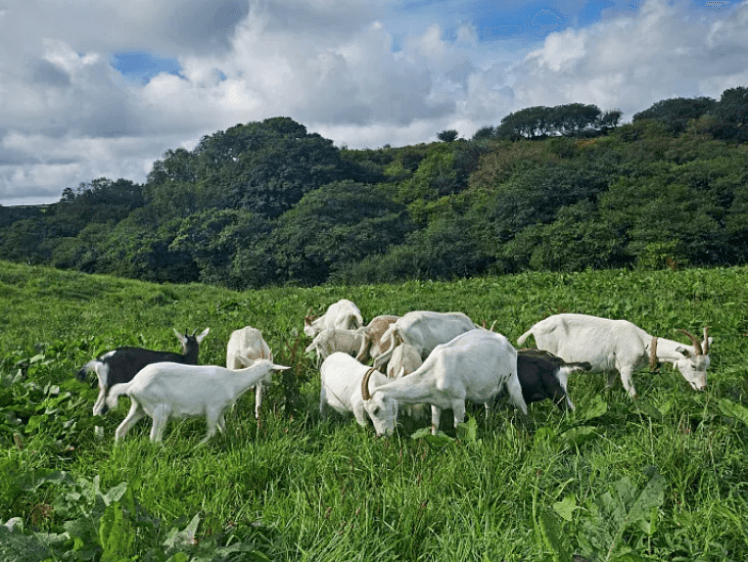
Weighing scales are fundamental tools in the agricultural sector, playing a pivotal role in various aspects of farm management, production, and distribution. From measuring crop yields to monitoring livestock health, scales ensure accuracy, efficiency, and consistency in agricultural operations. This comprehensive exploration delves into the crucial role of weighing scales in agriculture, highlighting their applications and significance across different farming activities.
Crop Production and Harvesting
In crop production, weighing scales are indispensable for managing and optimizing harvests. Farmers use scales to measure the yield of crops, which is crucial for evaluating the productivity of different fields and crops. Accurate weight measurements help in determining the appropriate time for harvesting, ensuring that crops are collected at their peak quality and nutritional value.
Scales are also used during the post-harvest process to weigh and sort produce. This ensures that only the best quality products reach the market, and it helps in setting fair prices based on weight categories. For example, in the fruit and vegetable industry, scales are used to sort produce into different grades, which affects pricing and marketability.
Moreover, precision in weighing is essential for inventory management. Knowing the exact weight of harvested crops aids in planning storage requirements and logistics, reducing waste and improving overall efficiency.
Livestock Management
Weighing scales play a critical role in livestock management by providing essential data on the health and growth of animals. Regular weighing of livestock allows farmers to monitor growth rates, ensuring that animals are developing properly and reaching optimal weights for market.
For example, in beef and dairy farming, scales are used to track the weight gain of cattle. This data helps farmers make informed decisions about feeding practices, health interventions, and breeding programs. Accurate weight measurements are also crucial for determining the appropriate dosage of medications and supplements, ensuring animal health and safety.
In addition to individual animal management, scales are used in the weighing of feed and forage. By accurately measuring the amount of feed provided to livestock, farmers can optimize feeding practices, reduce waste, and ensure that nutritional requirements are met.
Feed and Fertilizer Application
Precision in the application of feed and fertilizer is vital for maximizing agricultural productivity and sustainability. Weighing scales are used to measure and mix feed ingredients accurately, ensuring that livestock receive balanced diets tailored to their specific needs.
In crop farming, scales are used to weigh and apply fertilizers and pesticides precisely. This ensures that crops receive the right amount of nutrients and protection, promoting healthy growth and maximizing yields. Over-application or under-application of fertilizers can lead to nutrient imbalances, reduced crop quality, and environmental harm, making accurate weighing essential for sustainable farming practices.
Advanced weighing systems, such as those integrated with precision agriculture technologies, enable variable rate application. This technology uses data from soil tests and crop sensors to apply inputs at variable rates across a field, optimizing resource use and enhancing crop performance.
Market Transactions and Trade
Weighing scales are crucial in market transactions and trade, ensuring transparency, fairness, and accuracy in the buying and selling of agricultural products. Farmers use scales to weigh their produce before selling it to wholesalers, retailers, or directly to consumers.
In livestock markets, animals are weighed to determine their market value. Accurate weight measurements are essential for setting fair prices and ensuring that farmers receive appropriate compensation for their products. This transparency builds trust between buyers and sellers and facilitates smoother transactions.
Additionally, weighing scales are used in processing facilities where agricultural products are transformed into various goods. Ensuring accurate weights during processing is critical for maintaining product consistency, meeting regulatory requirements, and optimizing production costs.
Compliance and Traceability
In the modern agricultural landscape, compliance with regulations and traceability are becoming increasingly important. Weighing scales help farmers adhere to industry standards and regulatory requirements related to the weight and labeling of agricultural products.
For instance, in the organic farming sector, scales are used to ensure that products meet the weight specifications required for certification. Accurate weighing is also essential for maintaining records and documentation needed for audits and inspections.
Traceability is another critical aspect where weighing scales play a role. By accurately weighing and recording product weights at various stages of the supply chain, farmers can maintain detailed records that trace the journey of their products from farm to table. This traceability is crucial for food safety, quality assurance, and meeting consumer demand for transparency.
Research and Development
Weighing scales are essential tools in agricultural research and development (R&D). Researchers use scales to measure and analyze various parameters related to crop and livestock production, providing valuable data for innovation and improvement.
In crop research, scales are used to weigh and evaluate different plant varieties, study the effects of fertilizers and pesticides, and measure yields from experimental plots. This data helps researchers develop new crop varieties and optimize farming practices.
In animal science, scales are used to monitor the growth and health of livestock under different management systems. Accurate weight measurements are critical for studies on nutrition, genetics, and animal welfare, contributing to the advancement of livestock production techniques.
The integration of weighing scales with data collection and analysis tools enhances the accuracy and efficiency of agricultural research, driving innovation and helping farmers adopt best practices.
Weighing scales are indispensable in the agricultural sector, serving a multitude of functions from crop production and livestock management to market transactions and research. Their role in ensuring accuracy, efficiency, and compliance is vital for the success of agricultural operations. As technology continues to advance, the integration of sophisticated weighing systems with agricultural practices will further enhance productivity, sustainability, and profitability in the farming industry. Ultimately, weighing scales are not just tools for measurement; they are essential components of modern agriculture that help feed the world more effectively and sustainably.
English
العربية
Français
Русский
Español
Português
Deutsch
italiano
Nederlands
Tiếng Việt
ไทย
Polski
Türkçe
ភាសាខ្មែរ
Bahasa Melayu
Filipino
Bahasa Indonesia
Română
Čeština
Монгол
қазақ
Српски
हिन्दी
Slovenčina
Slovenščina
Norsk
Svenska
Ελληνικά
Suomi
Հայերեն
Latine
Dansk
Shqip
Hrvatski
Afrikaans
Gaeilge
Eesti keel
Oʻzbekcha
latviešu
Azərbaycan dili
Беларуская мова
Български
ქართული
guarani
Кыргызча
Lietuvių
Македонски
Malti
Soomaali
Тоҷикӣ
Türkmençe





